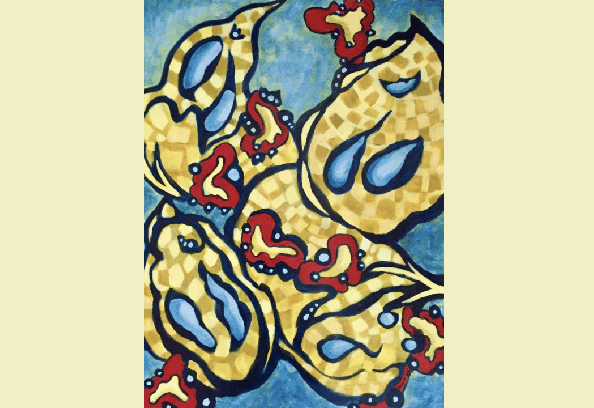Property
Real Estate
You may own a home, seasonal home, forest land, or farm that you no longer want to occupy or maintain. There are many options for using real estate to support the University of Maine. One of these options may help you achieve your charitable and financial goals.
Some of the ways that gifts of real property can be made include the following:
• An outright gift during your lifetime;
• A gift or property after your lifetime through a bequest in your will or trust;
• A gift of a remainder interest in a personal residence or farm, where you retain the right to use the property for the rest of your life through a retained life estate;
• A transfer of property (or a portion of property) into a charitable remainder trust during your lifetime in exchange for an income stream for life or a term up to 20 years; or
In many, but not all circumstances, a lifetime gift of property can generate tax benefits. Toggle the button below learn more about these possible advantages:
Learn more
Through a gift of real property, you m ay be able to take advantage of a federal charitable deduction for income tax purposes. If you sell real estate you have owned for a number of years, it is possible that you will be faced with a sizable capital gains tax, especially if the property is not your primary residence. Through an outright gift of such a property, a double tax savings is possible. First, in most cases, you will receive a charitable income tax deduction for the full value of the property. In addition, you will not be liable for capital gains tax on the transfer, since the property was donated rather than sold.
Gifts of appreciated real property held more than one year are generally deductible up to a certain portion of your adjusted gross income. Excess contributions may be carried forward for up to five consecutive tax years. A qualified appraisal is generally needed to substantiate a claim of an income tax charitable deduction with respect to a donation of real estate if the claimed value exceeds $5,000. An appraisal summary — IRS Form 8283 — must also be filed with the federal income tax return on which the gift is first claimed or reported.
Green Endowment Program
If you have forest land that you are considering donating to the University of Maine Foundation for the University of Maine, you may be interested in our Green Endowment Program.
Retained Life Estate
You may donate a personal residence or farm now but retain the right to occupy the property for life. A gift of a remainder interest in a personal residence or farm gives you a current income tax deduction for the present value of the remainder interest and lets you eliminate any capital gains on the appreciation.
Example:
A married couple ages 83 and 81 donate their interest in a retirement community with an appraised value of $368,000. The couple retains the right to live in the home for the remainder of their lives. The gift with the life estate reserved resulted in a charitable contribution of $245,051.* Upon the death of the last to die, the interest in their retirement community home will be sold and the net proceeds will be added to their endowment at the Foundation.
* Note that the couple’s charitable income tax deduction will vary depending on the timing of their gift because the IRS §7520 rate used to determine the value of the remainder gift to the Foundation is published monthly. Gifts of remainder interests in farms and homes provide higher deductions and are thus more attractive when interest rates are low. Donors’ ability to benefit from an income tax charitable deduction will also depend on their ability to utilize their income tax charitable deductions.

Let us thank you
Including the University of Maine or its affiliated organizations in your estate plans entitles you to membership in the university's Charles F. Allen Legacy Society. Your gift need not be irrevocable and we understand that situations change. It is your current expression of commitment to the university that is important. Charles F. Allen Legacy Society members receive a membership certificate recognizing their intentions and a lapel pin. Members are also listed in the Society's Annual Report and are honored periodically at special events.
If you have already included a gift for the University of Maine in your estate plans or you intend to, please let us know. We would like to thank you for your generosity, ensure that we understand the purpose of your gift, and recognize you as a member of the Charles F. Allen Legacy Society.
Request more information - Property
Tangible and Intangible Personal Property
Works of art, rare books, antiques, intellectual property, and other tangible or intangible property may also make practical and meaningful gifts. Special rules apply to the tax benefits for such gifts. Whether your gift is deductible as well as what the deduction amount will be depend upon how the gift will be used and its appraised value.
If you are wondering whether your property might make a good gift to the University of Maine, please contact us early in your deliberative process so that we can ensure that it can be used by the University in the manner you intend.


